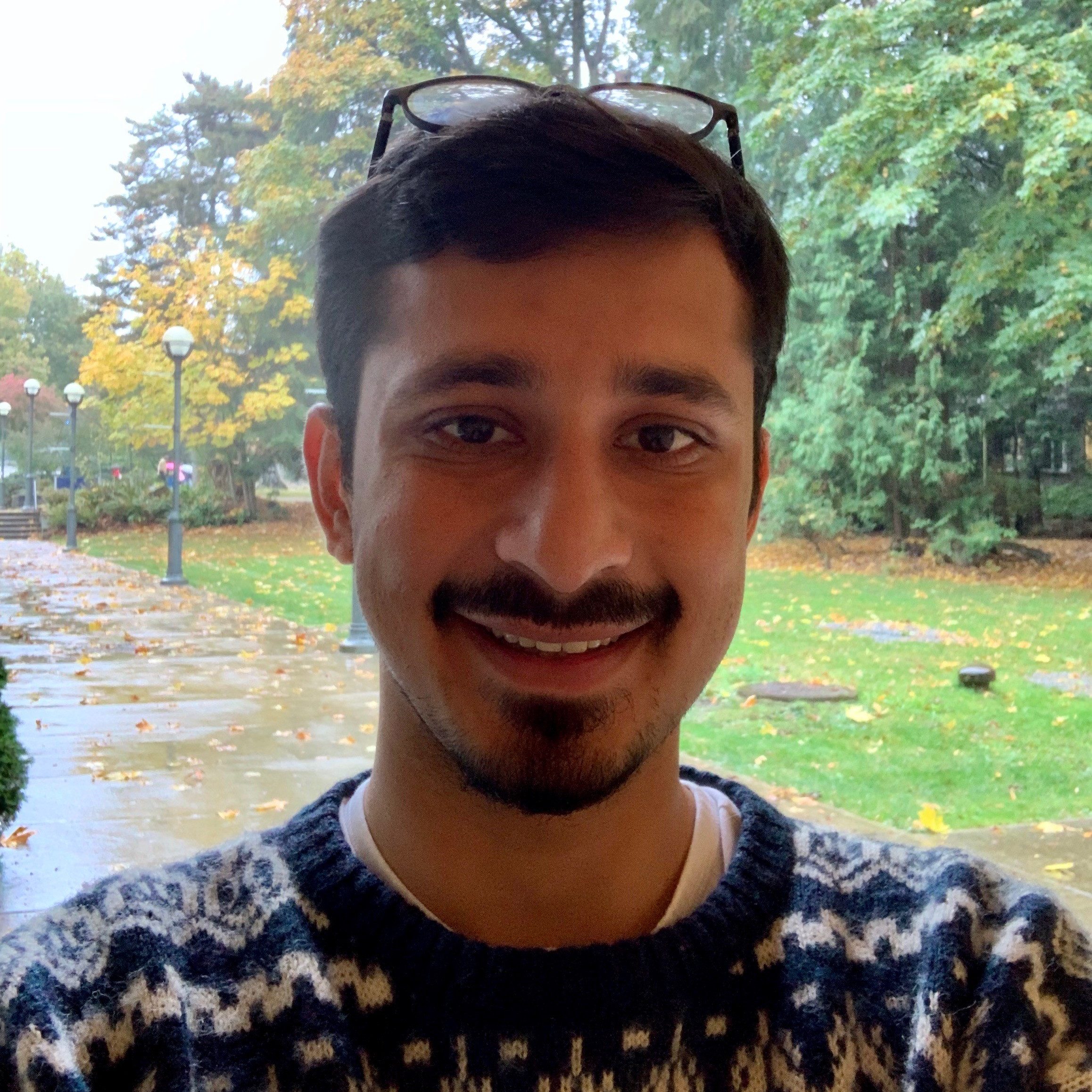Transboundary climate risks of Canada’s fruit and vegetable supply
Time: 12:30pm to 1:00pm
Location: Zoom only due to weather.
Talk summary:
Fruits and vegetables are an integral part of a healthy diet. However, ensuring Canadians have sufficient and affordable access to fresh produce can be challenging, particularly in an increasingly shock-prone world. Part of the challenge arises from Canada’s heavy dependence on international trade for its fruit and vegetable supply—a system vulnerable to cascading disruptions. To better understand these vulnerabilities, in this study I map the spatially-explicit supply chains of 18 fruits and 16 vegetables for Canadian provinces from 2010 to 2022, accounting for interprovincial flows. I employ a mass-balance approach, drawing on customs-based trade, production, and demand data. Further, by integrating these data with future extreme weather indices derived from downscaled and bias-corrected ensemble climate models, I discern Canada’s consumption-based and cross-border exposure to weather extremes in a warmer world. During this seminar, I will present the methods employed to develop fruit and vegetable flows, describe the supply chains by province and produce, and outline future weather extreme exposures in these supply chains.

Bio:
Kushank Bajaj is a PhD candidate at the University of British Columbia’s Institute for Resources, Environment, and Sustainability, a Doctoral Fellow with the Canadian Agri-Food Policy Institute, and a Climate Policy Researcher with Generation Squeeze. At UBC, he is supervised by Prof. Navin Ramankutty. Kushank is an interdisciplinary researcher studying sustainable food systems and systemic climate risks. He utilizes data science and data visualization skills combined with a policy-relevant focus. Kushank’s research experience, working in the not-for-profit and government sectors, has trained him to work with diverse datasets and at multiple scales from global to hyper-local.
[CANCELED] Talk summary:
Rewilding is emerging as a powerful concept to alleviate the combined extinction and climate crises, by restoring biological complexity to enhance ecological interactions and ecosystem services. I will discuss the need for a broader vision of rewilding that can encompass all kinds of habitats – from wildlands to agroecosystems to urban habitats – aiming at ‘increasing wildness, everywhere’ for the benefit of all beings. Based on deep ecological theory and recognizing the inherent value of wildlife in regulating and regenerating the biosphere, deep rewilding seeks to develop management practices that could recover ecosystem functions and services, using Pleistocene biotic communities that coevolved together for millions of years as inspiration, not as targets. I will argue that there is an important role for deep rewilding in planning and conducting long-term rewilding processes, illustrated by marine and terrestrial examples, and a large-scale experiment in Brazil.

Bio:
Alberto is a PhD candidate in the Institute for Resources, Environment and Sustainability, supervised by Dr. Kai Chan, with a Vanier Canada graduate scholarship. As a conservation biologist, Alberto co-founded the NGO Aquasis (www.aquasis.org) and worked as its principal Director for nearly 20 years, promoting endangered species and habitat conservation in Brazil. He has received three Conservation Leadership Awards and the prestigious Future for Nature Award. In 2017 Aquasis received the Brazilian National Biodiversity Award for downlisting endangered species in the Brazilian and IUCN red lists, and for the long-term commitment with biodiversity conservation and community engagement.